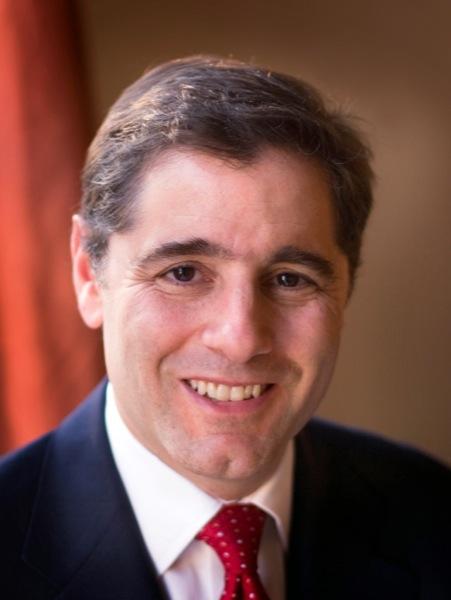FCC chairman finds AT&T, T-Mobile merger not in public interest, seeks hearing
The chairman of the U.S. Federal Communications Commission, Julius Genachowski, released a draft order on Tuesday asking the other four commissioners to call an administrative hearing, saying that he found AT&T's proposed $39 billion deal to acquire rival T-Mobile contrary to the public interest, reports CNET.
Were the hearing to be approved, it would be yet another hurdle for the two telecoms to overcome as they currently face an antitrust suit from the U.S. Department of Justice. The onus would be on AT&T to prove that its purchase of T-Mobile would not create a possible duopoly in the wireless market, and refute claims that such an acquisition would negatively affect the American people.
However, FCC officials say that it is impossible to see how the merger would possibly serve the public, going on to note that it would create the largest single concentration U.S. mobile market in history.
"The FCC's action today is disappointing," said AT&T Senior Vice President of Corporate Communications Larry Solomon. "It is yet another example of a government agency acting to prevent billions in new investment and the creation of many thousands of new jobs at a time when the US economy desperately needs both."
An analysis conducted by FCC staff shows that the both telecoms have a dense population of customers in 99 out of the top 100 major U.S. markets, claiming that a merger would bring an "unprecedented" level of concentration to the wireless landscape.
The FCC report counters claims made by AT&T saying that the move would generate jobs and help the company roll out its 4G LTE network, noting that jobs would in fact be lost as redundant positions are cut. The commission also did not find evidence that a buyout would help hasten any proposed 4G broadband rollout.
FCC Chairman Julius Genachowski
The merger has seen strong resistance from Sprint, the nation's third-largest carrier, that culminated in a formal petition filed with the FCC in May protesting the acquisition.
Verizon, on the other hand, described AT&Ts acquisition of T-Mobile as inevitable, saying the government needs to pass legislation that solves an underlying problem of a limited wireless spectrum before regulating telecom mergers.
An administrative hearing is a rare occurence for the FCC, the most recent being the 2002 EchoStar/DirecTV merger, which ultimately ended in a scrapped deal.
If the four commissioners approve the hearing, it would have to wait until the conclusion of the DOJ trial, which is currently set to start in February 2012. If AT&T settles that case, the company would have to refile with the FCC, which would then reevaluate the new terms.
 Mikey Campbell
Mikey Campbell











 Andrew Orr
Andrew Orr
 Wesley Hilliard
Wesley Hilliard
 Amber Neely
Amber Neely

 William Gallagher
William Gallagher

 Malcolm Owen
Malcolm Owen








